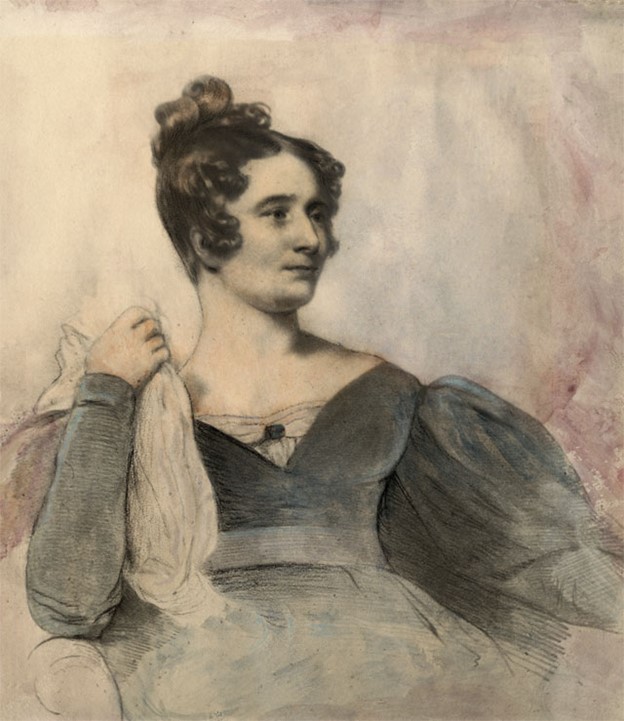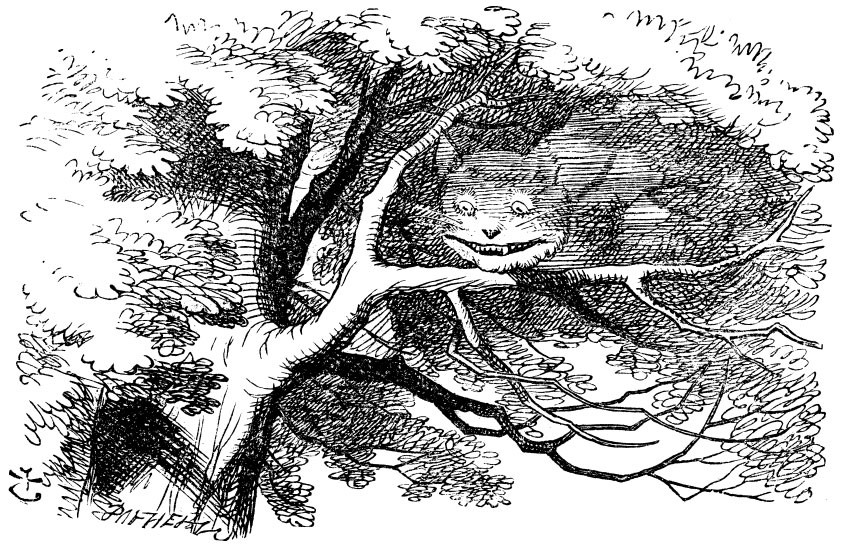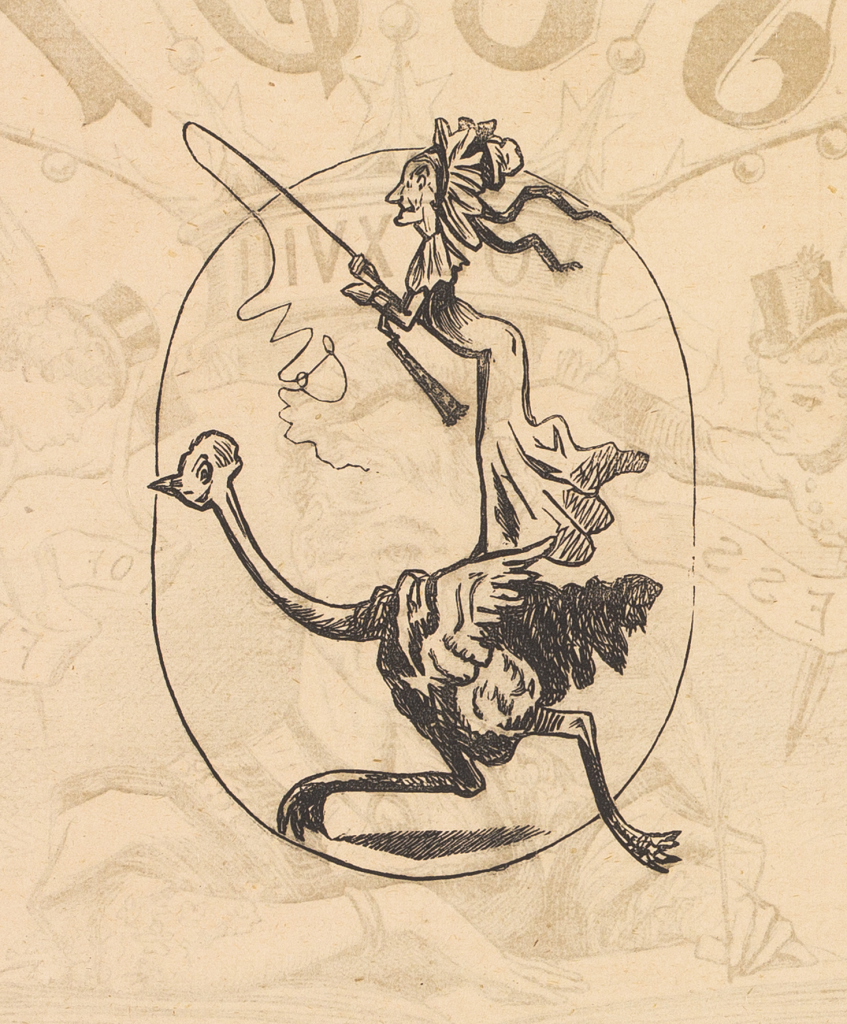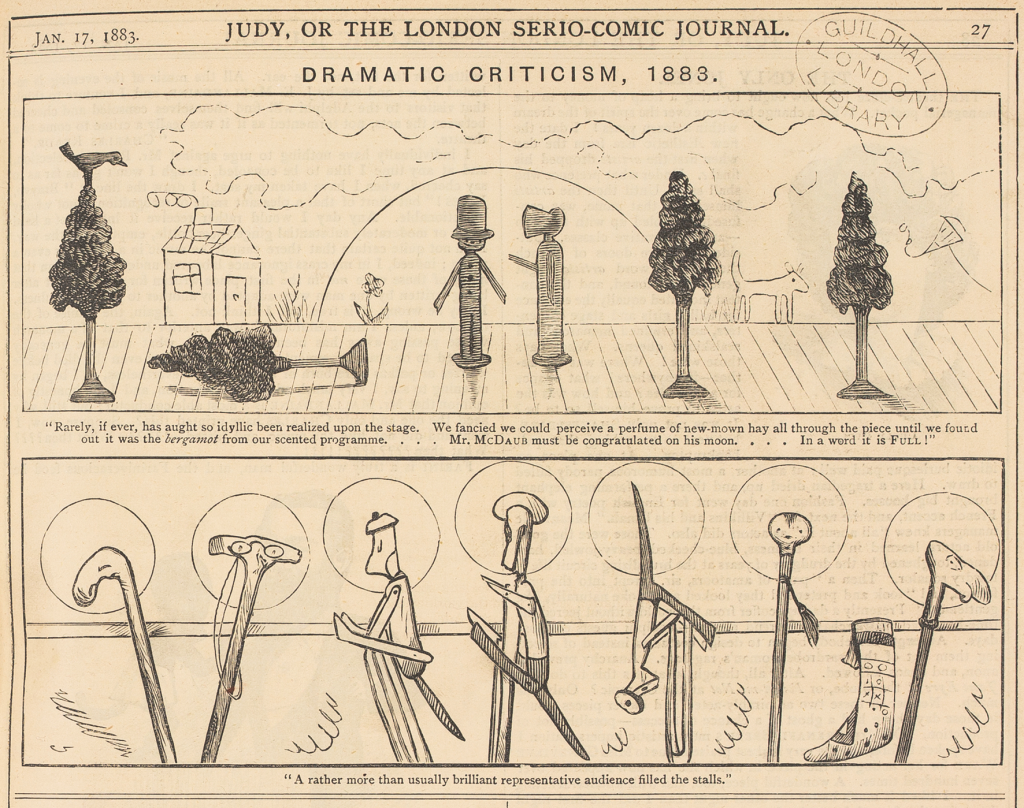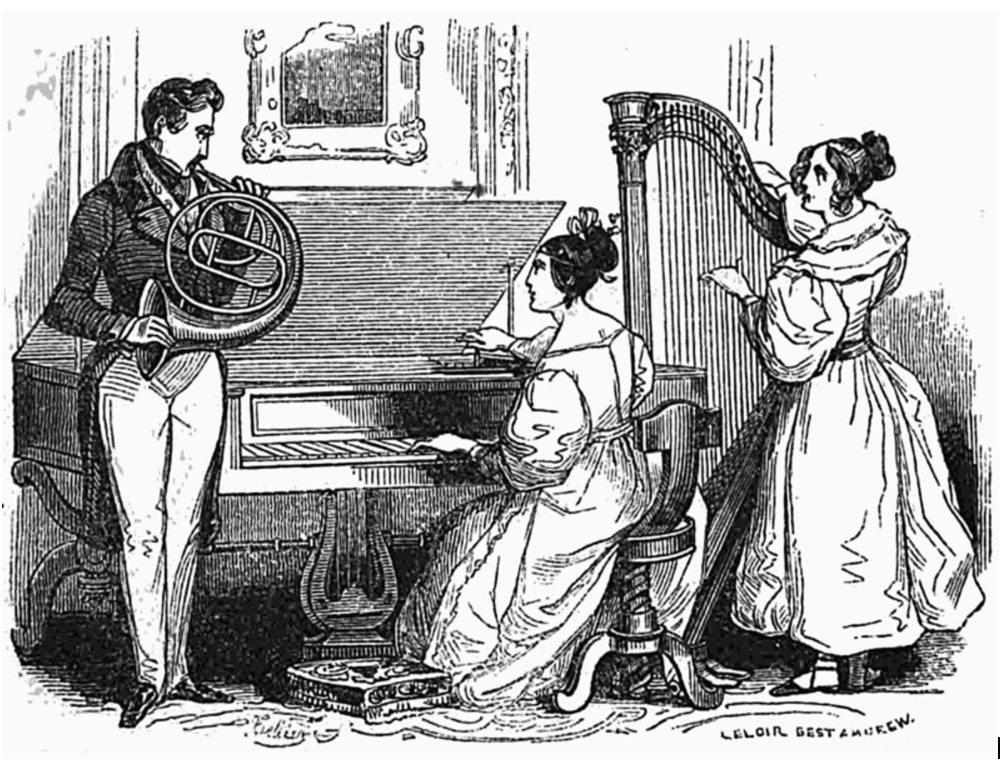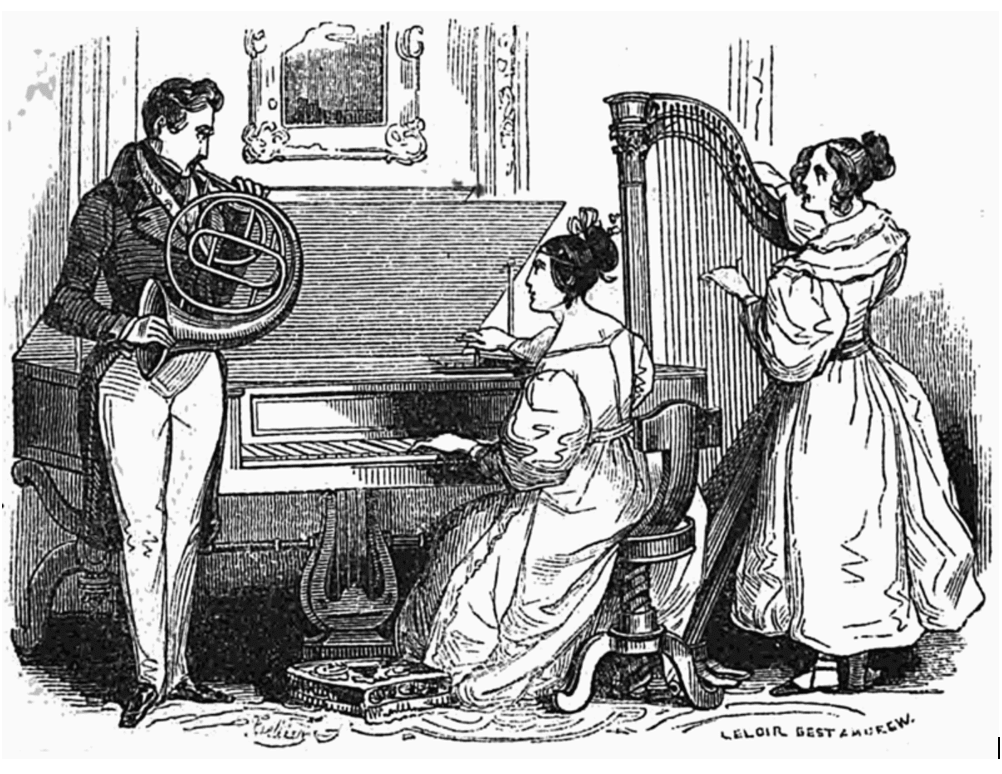
Victorian Conviviality and Entertainments
The Victorians loved their entertainments, whether those be music hall, tea parties, a picnic, a Punch and Judy show, or an amateur theatrical. Mirth and jollity often prevailed, not only in joyous seasons such as Christmas and New Year’s, but throughout the calendar. To make our annual spring conference even more congenial that it always is, the VSAO invites proposals for papers on Victorian convivial gatherings and pastimes, both public and private.
Papers might consider topics including, but not limited to:
- Pantomimes
- Puppet shows
- Music hall
- Parlour games
- Board and card games
- Croquet
- Amateur theatricals and/or concerts
- Private and public readings
- Recitals
- Dances and balls
- Conversazione
- Teatime rituals
- Picnics
- Visiting rituals
- “At home days”
- Baking
- Philanthropic events
- Clubs
- Garden parties
- Private views at art galleries and studios
The one-day conference will be held on Saturday 26 April 2025, at Glendon College, York University.
Please send a 300-word proposal and 50-word bio (as MS Word documents) by 24 January 2025, to Alison Halsall, ahalsall@yorku.ca
***
Spring Conference 2024
“The Victorian World [as] a Space of Invention”:
Returns to and Revisions of the Nineteenth-Century Past
Glendon College, York University
2275 Bayview Avenue
Saturday 27 April 2024
9:30 am – 5:00 pm
9:30-10:20 am Registration and Tea (York Hall 317)
10:30-12:15 Morning Session (Glendon Hall 102)
Marjorie Stone (Dalhousie University)
“Aurora Leigh, ‘The Maiden Tribute of Modern Babylon,’ and Sex Trafficking Debates in the Nineteenth and Twenty-first Centuries”
Rachel Friars (Queen’s University)
“‘No longer any I, only All’: Lesbian Gender Disruption in the Neo-Victorian Novel”
Charles Reeve (OCAD University)
“‘My strength, my comfort, my intense delight’: Elizabeth Murray’s Sixteen Years of an Artist’s Life in Morocco, Spain, and the Canary Islands”
Alisha R. Walters (Penn State University)
Histories of Feeling and Empiricism: Inventing Victorian Racial Science
12:30-1:45 pm Lunch (York Hall 317)
1:50-2:50 pm Keynote Address I (Glendon Hall 102)
Dennis Denisoff (Department of English, University of Tulsa)
“Natural Kinship: Inventing Intimacies in Fin-de-siècle Eco-Writing”
3:00-4:00 pm Keynote Address II (Glendon Hall 102)
Natalie Neill (Department of English, York University)
“Gothic (Re)Turns: Jane Eyre, Wuthering Heights, and Gothic Mash-Up”
4:00-5:00 pm Sherry Hour (York Hall 317)
^image c. 1886-1905, William Holman Hunt, “The Lady of Shalott,” Manchester Art Galler
***
Spring Conference 2023
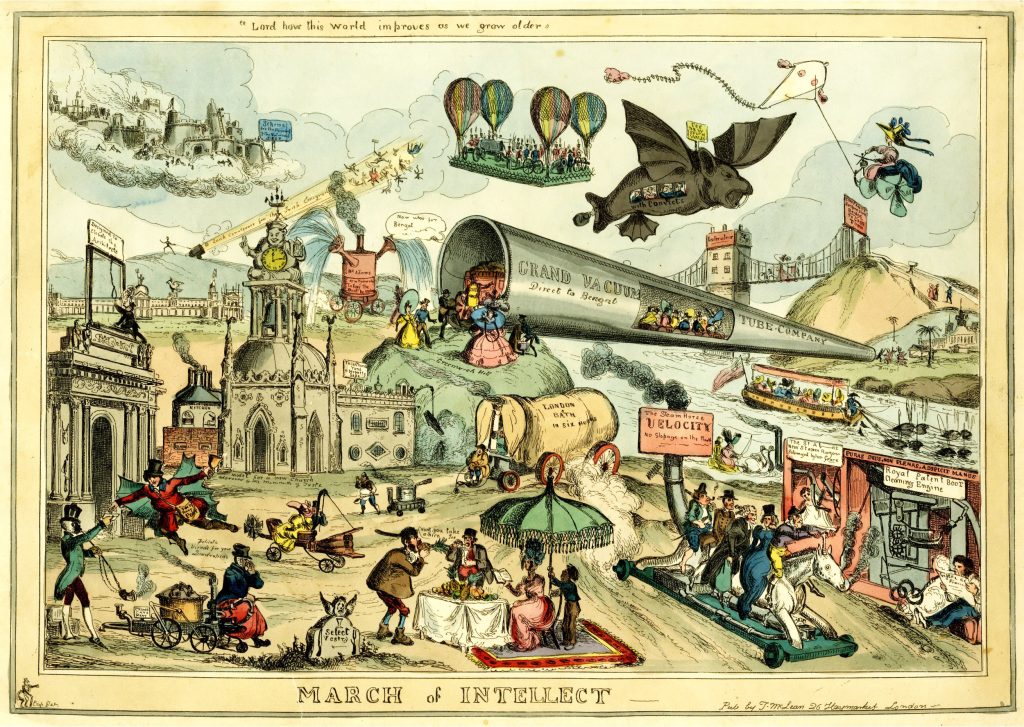
Victorian Experiments: Science, Technology, and Art
Glendon College, York University
2275 Bayview Avenue, Toronto
Saturday 29 April 2023
9:30 am – 5:00 pm
9:30-10:20 am Registration and Tea (York Hall 317)
10:30-12:15 Morning Session (Glendon Hall 102)
Holly Forsythe Paul (University of Toronto)
“Owen Jones, Innovation, and Opportunities for Women in the Book Arts”
Jennifer Bates Ehlert (Emmanuel College, Boston)
“Virtue, Technology, and Cloth: The Book Cover Designs of Sarah Wyman Whitman”
Joanna Holliday (York University)
“Double Vision: Stereoscopy and the ‘Poor Man’s Gallery’”
Taylor Tomko (Western University)
“Snapshots Across the Veil: The Cyborgian Agency of Ectoplasm-Producing Mediums”
12:30-1:45 Lunch (York Hall 317)
2:00-3:45 Afternoon Session (Glendon Hall 102)
Laura Johnson Dahlke (Salve Regina University)
“Chloroform à la reine: How the Victorian Era Changed Childbirth Practices Forever”
Martin Danahay (Brock University)
“Victorian Trauma: Railway Accidents, War and the Body”
Marlis Schweitzer and Sara Masciotra-Milstein (York University)
“Performance and Medical Education: Bridging the Gap Between Public and Private Phrenology”
Alanna McKnight (Toronto Metropolitan University)
“Electric Corsets: A Shocking History”
4:00-5:00 Sherry Hour (York Hall 317)

